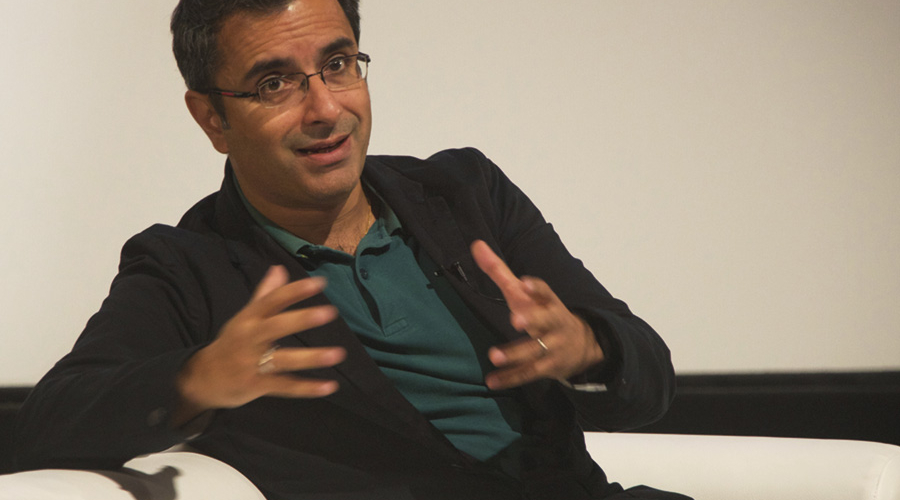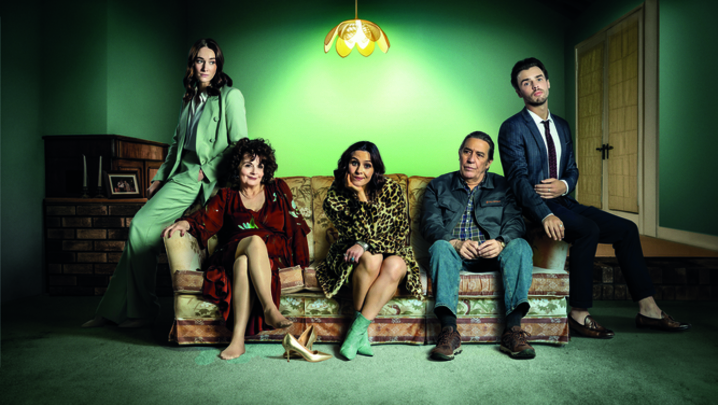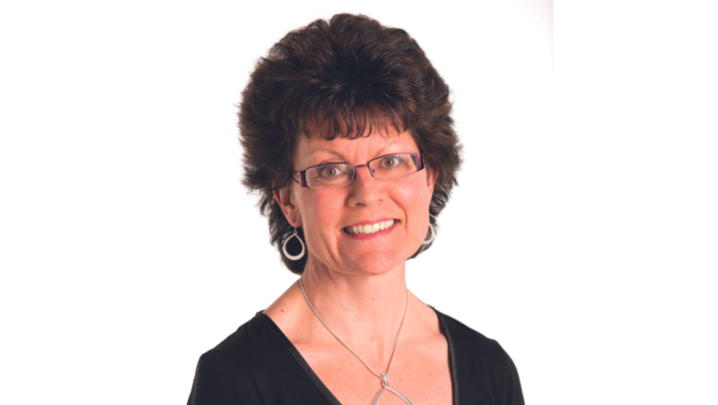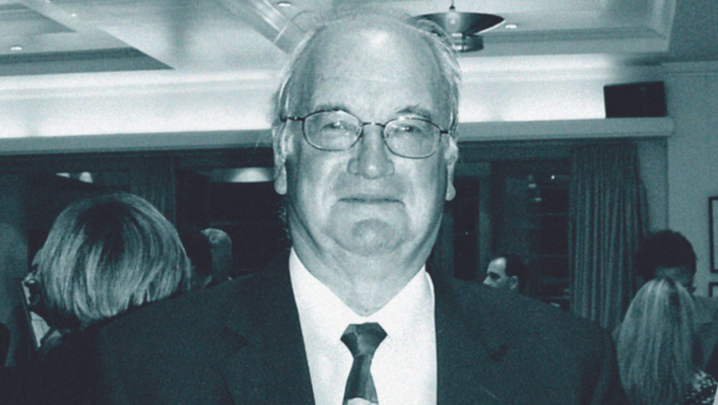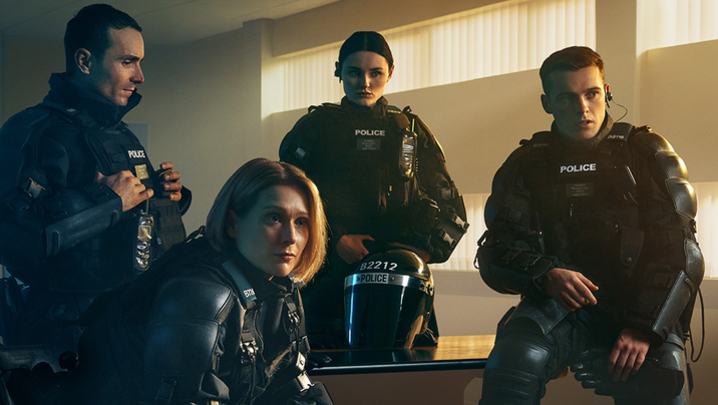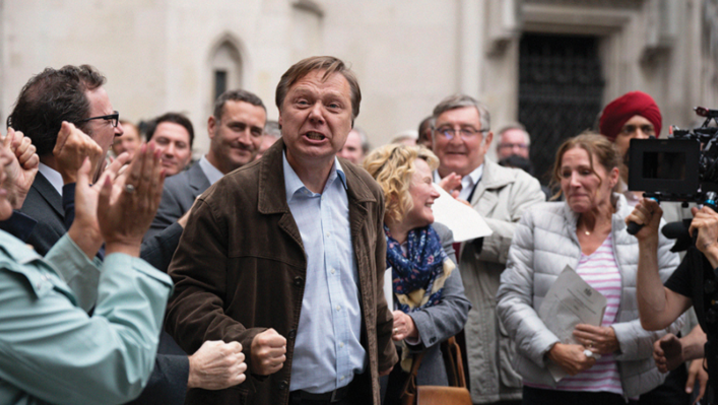Saurabh Kakkar recommends online pitching for those who want to get ahead in comedy. Steve Clarke takes notes.
Jane Austen, JK Rowling and Hilary Mantel would all have made the grade in TV. That's because they are all great storytellers. "If you are not terribly excited about all forms of storytelling, you've got no business being in television at all," stressed Saurabh Kakkar, Head of Comedy Development at Big Talk Productions, speaking at the opening RTS Student Programme Masterclass.
He added: "All storytelling is entertaining an audience... If you have a passion for it, the chances are that you have done something about it.
"You've either directed some plays or made some content to go online or you'll have started a theatre company or run a film club."
 Kakkar told his student audience that his own background in engineering didn't make him an obvious candidate for a high-flying career in TV comedy: "I gave up a job that was really quite well paid and was a proper profession.
Kakkar told his student audience that his own background in engineering didn't make him an obvious candidate for a high-flying career in TV comedy: "I gave up a job that was really quite well paid and was a proper profession.
"Coming from an Indian family, it's not great to give up an engineering job to do something fly by night. But I did it because I loved comedy and I loved storytelling," he told his interviewer, Pat Younge, former Chief Creative Officer of BBC Vision and now Director of his own consultancy, WeCreate Associates.
While studying for his chemical engineering degree at Cambridge, Kakkar performed as a comedian. He confesses: "I tried being funny and realised I wasn't. I was a deeply average stand-up comic."
His show-biz break came when he answered an ad in The Guardian placed by a company looking for enthusiastic young people to work in live comedy production.
For six years Kakkar worked behind the scenes and on the road for Pola Jones Associates. There, he helped to nurture talents such as Matt Lucas, David Walliams, Bill Bailey, the League of Gentlemen and Armstrong and Miller, including at the Edinburgh Fringe.
The hours were "preposterous", recalled the Big Talk executive: "You're out until 2:00am and you're back in the office at 9:00am. It's relentless."
Younge asked if working in TV production was any less demanding.
"I tried being funny and realised I wasn't. I was a deeply average stand-up comic"
"Producing TV is as relentless as live work," Kakkar admitted. "You're on set at 7:00am and don't finish until 7:00pm or 8:00pm. You've always got rushes to watch or scripts to sort out.
"It's a 15- to 16-hour day every day. Once you get out of physical production, it almost goes back to being a day job."
Over his 15 years in TV, Kakkar has developed and produced comedy for a range of channels. As Director of Comedy at ITV Studios he was responsible for shows such as Dirk Gently, Security Man, Headcases, The Fattest Man in Britain and White Van Man.
The students were treated to a clip from The Fattest Man in Britain, which starred Timothy Spall and was co-written by Caroline Aherne and Jeff Pope, whose most recent hit is ITV's Cilla.
Inevitably, Kakkar spends a lot of time working with writers. Asked about the experience of executive producing The Fattest Man in Britain, he said that dealing with two co-writers can be problematic. But working with Aherne and Pope had been a "brilliant experience."
"The reason I am in television is I like working with talent... Jeff is an experienced producer (in common with most of Pope's work, The Fattest Man in Britain was based on a true story) who sort of produces himself.
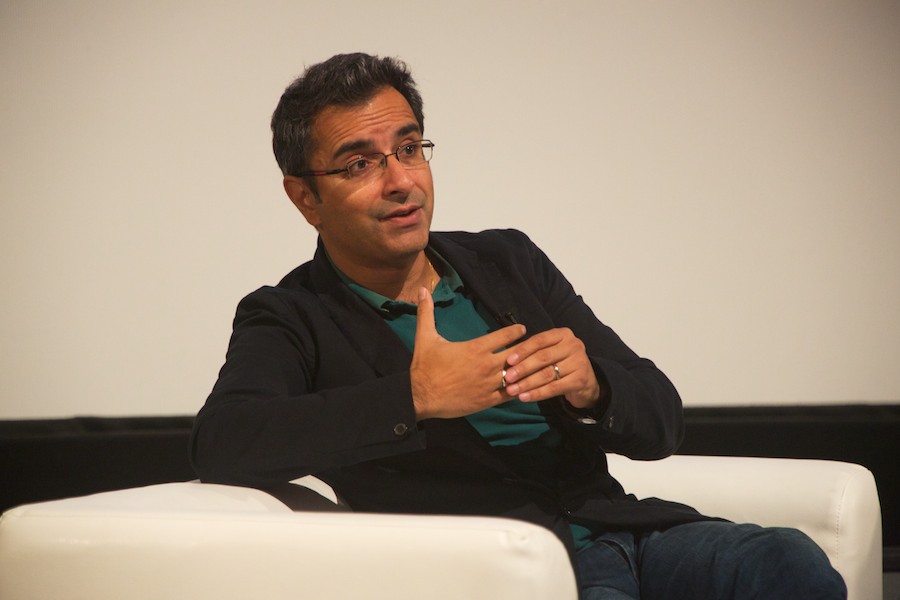 Saurabh Kakkar (Credit: Paul Hampartsoumian)
Saurabh Kakkar (Credit: Paul Hampartsoumian)
"Like all pairs of writers, they have their ups and downs. But they work very complementarily. Caroline is full of amazing dialogue, whereas Jeff does structure and rigour."
Strictly speaking, The Fattest Man in Britain was comedy drama rather than pure comedy. "It is very hard to put comedy into discrete bundles," Kakkar told the masterclass. "You're better off looking at it as a sliding scale.
"At the one end are big, all-out comedies such as Mrs Brown's Boys and at the other end are dramas with jokes."
TV comedy is usually character-driven. This makes sketch shows especially difficult to pull off because it is harder for audiences to form a relationship with the characters in a succession of sketches, unless they are very clearly delineated like those in Little Britain.
As for other styles of TV comedy, Kakkar said that as far as TV was concerned, impressionist shows had become somewhat passé. They worked better on radio.
He suggested that the sub-genre needed refreshing: "If anyone has a great idea for a new impressionist show, come and see me."
There is a glut of comedy panel shows at the moment, thanks to the popularity of long-running series such as Have I Got News for You? and Never Mind the Buzzcocks.
"Commissioners have fallen out of love with them [because there are so many around]," Kakkar observed. "But they are gold dust for production companies and channels because they are completely repeatable.
"For a new comedy panel show to be commissioned, it has got to be very different to the existing shows."
The students were shown a clip of White Van Man, which survived for two series on BBC Three.
The show was adapted for US audiences by ABC and retitled Family Tools – but axed after one season.
"If someone sends me an email with a link to some video, I am more likely to look at it than to read a script"
"It's quite a well-trodden path that usually ends in disaster. The re-make of White Van Man was pretty good," opined Kakkar.
He highlighted big differences in the economics of TV comedy in the UK and the US. In Britain, successful stand-up comedians make more money from touring than they do from TV in these cash-strapped times.
While a US show costs around £1.5m per episode (around 20% of this is allocated to the writers' budget) the same amount of money pays for an entire six-part British comedy series.
This is why US broadcasters are able to employ writing teams on their sitcoms. If a show is successful in the US, writers (the best example is Friends) grow rich thanks to the advertising dollars and syndication fees.
Online is inevitably becoming more important to TV comedy. At the BBC both Citizen Khan and spoof rock doc, The Life of Rock With Brian Pern, began as digital-only content;
Kakkar – who left ITV to become Head of Development at BBC Comedy Productions – explained that "Brian Pern started out on the BBC Comedy website as a series of five-minute shorts. We then did a series for BBC Four and there will be more on BBC Two this Christmas."
He joined Big Talk (whose shows include Rev, Him and Her and Friday Night Dinner) this summer. Here, said Kakkar, he is inundated with scripts, from agents and wannabes.
His advice to all who aspire to make successful TV comedy is to send him a link to a video clip: "Putting stuff online is the way talent comes through now.
"Everybody is looking for the next big thing... the idea of sending it on paper is quite outdated.
"You can make this stuff on a smart phone now. If someone sends me an email with a link to some video, I am more likely to look at it than to read a script."
The technology is changing but, as disruptive as digital is, the need for storytelling in comedy TV remains constant.
Saurabh Kakkar, Head of Comedy Development at Big Talk Productions, was interviewed by Pat Younge, Director of WeCreate Associates, at the RTS Student Programme Masterclasses, held at the BFI, London, on 27 October. The producer was Helen Scott.

